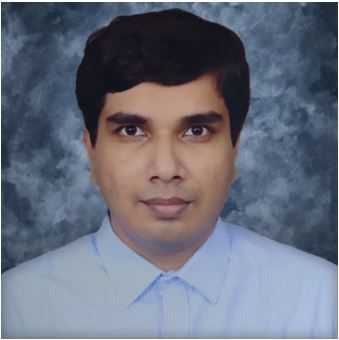
A mixture of perseverance towards intellectual depth and being creative also to do something new are the key features of acing research in any field.
B.E. Electrical & Electronics
M.Sc. Mathematics
CGPA: 7-7.5
EXPERIENCE
2020 - Present
University of California, Santa Cruz
Ph.D. Student
I am working in an interdisciplinary field involving both smart grids and control theory. Right now electric grid design involves very little automation and I am working on increasing its connectivity and automation and thereby making it more efficient and smart using concepts of control theory which deals with dynamical systems.
Jan 2019 - Sept 2020
Indian Institute of Science (IISc)
Research Intern
I investigated control algorithms for Networked Control Systems (NCS).
2019
Pixxel
Intern
I worked on the simulation of orbits of the satellites. It gave me a kind of entrepreneurial spirit and determination that can make you excel in any field.
Jun 2017 - Aug 2017
Indian Institute of Science (IISc)
Research Intern
I investigated control algorithms for autonomous search agents.
May 2016 - July 2016
HMT Tractors
Intern
Working at HMT was a unique experience. Although the HMT factory was not producing tractors at the time of internship due to financial issues, I learned a lot about how large-scale manufacturing works.
